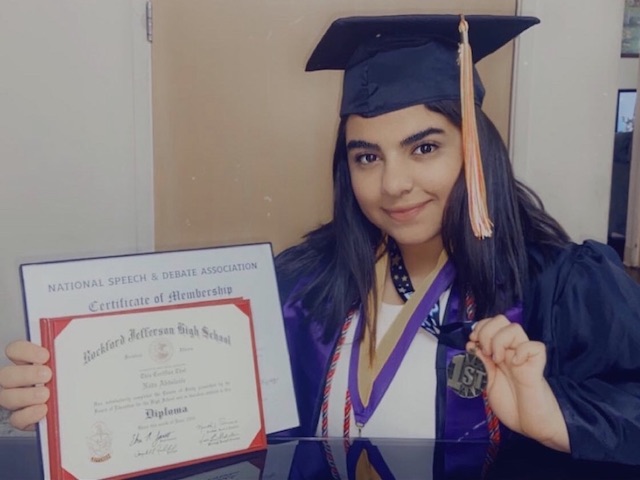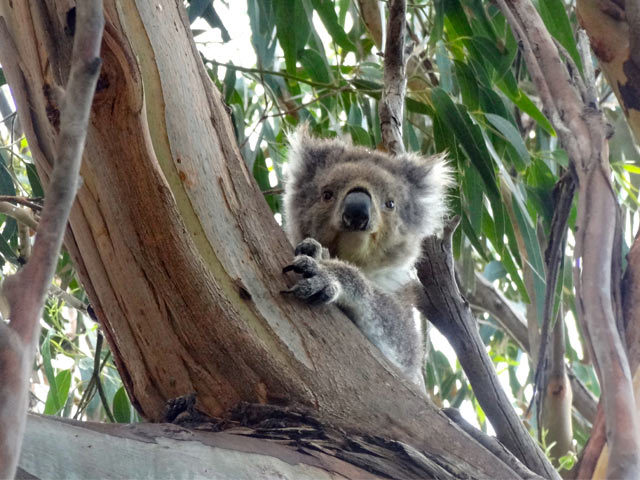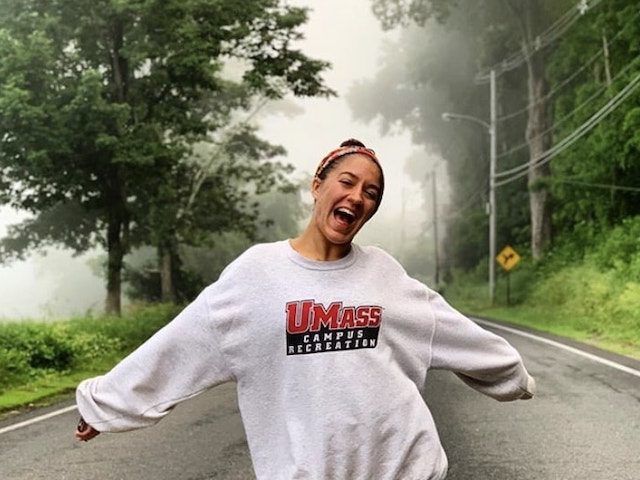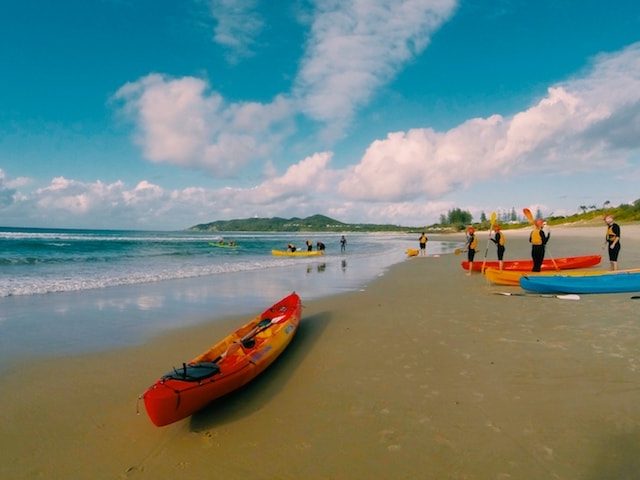Health, safety and risk management are a top priority throughout everything we do and our dedicated Director of Health and Safety, Robin Reliford, J.D., is continually helping us shape our practices and protocols so students can have the safest experiences possible. Here’s what she has to say on the matter.
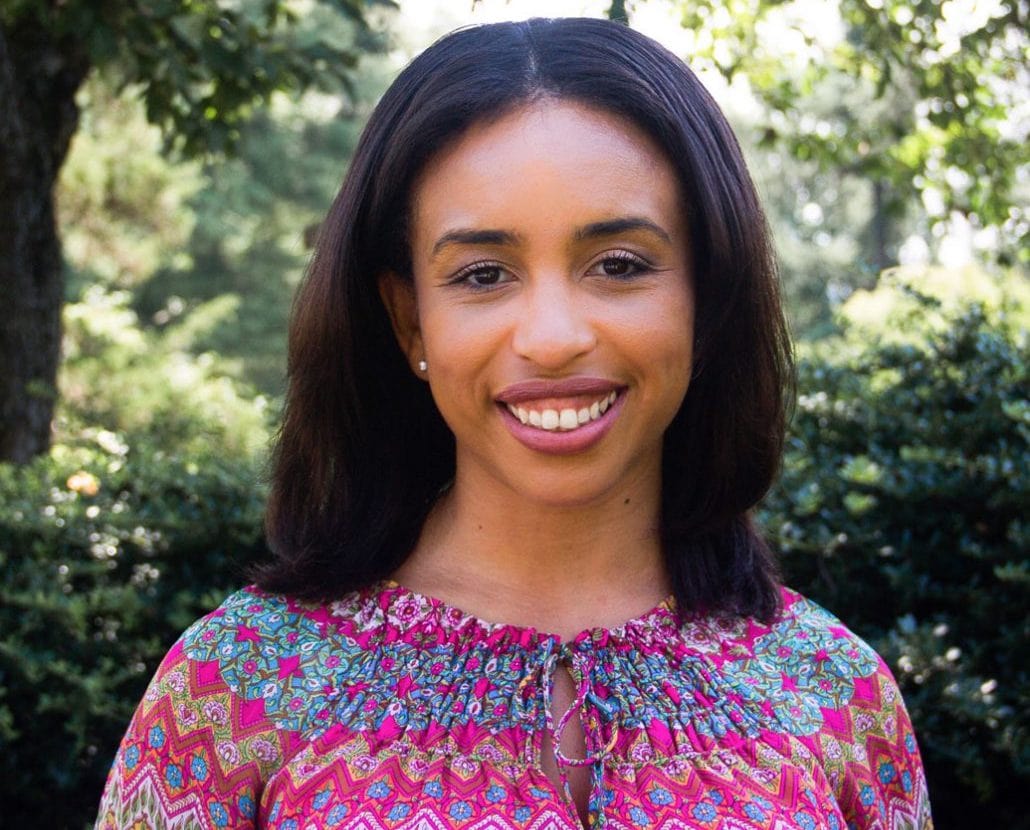
What attracted you to the field of Health and Safety in Education Abroad?
I entered into the education abroad field in 2010 and shortly thereafter major world events like the Arab Spring and the Japan earthquake and tsunami that led to the Fukushima nuclear incident occurred. The challenges presented to the field by these events were hot topics at the time, and even though risk management wasn’t the focus of my job then, I found myself naturally drawn to discussions on risk. Health and Safety and risk management seemed like the perfect fit for me to be able to apply my interests and educational and professional background to the field in a meaningful way.
Health and Safety has been one of the most rapidly changing areas of our field. What are some of the biggest changes you have witnessed?
For WorldStrides (along with many other providers and universities), Health and Safety has long been a part of the process of sending students abroad, but I have certainly observed an increased focus on this area in recent years. To match that, a positive change that I’ve witnessed is an increase in full-time positions dedicated to health, safety and security issues in education abroad at both provider organizations and universities. Since beginning my position at ISA in 2013, I have belonged to Pulse, which is a network of higher education international health and safety professionals, and have witnessed that network expand from just shy of 40 members to over a 100! Thus, a niche profession has emerged in the field, and it is encouraging to be a part of a dedicated group of people who work collaboratively to enhance the safety offerings and support for educational travelers and programs.
Do you think we have become too cautious as a field?
I think this is a fascinating question and my answer is no, I don’t believe we have become too cautious. I often think about how things have changed from the time I studied abroad. For example, I didn’t have a pre-departure safety orientation or pre-arranged airport pickup, and certainly no cell phone or 24/7 emergency number to call. I had great support from my home and host universities, and of course my family at home, but things were just different then. Fortunately, my semester abroad passed without any major incidents but, looking back, I see that I took some unnecessary risks that now make me cringe a little. I learned from those experiences and my goal now is to better prepare students so they can still step outside of their comfort zone, but hopefully in a safer way.
Where is your favorite overseas destination to visit? What do you love about it?
There are many places that I love to visit but I would have to say France is my number one. My fiancé is from Biarritz, a city in the southwest of the country close to the border with Spain, so we spend a lot of time there with family. Also, Cannes is where I studied abroad many years ago, and I’ve lived and worked in Paris, so France has a very special place in my heart. When I’m there, I feel at home. Good food, wine and shopping don’t hurt either!
What are you reading right now?
Michelle Obama’s memoir, Becoming.
Are you a dog or a cat person and why?
Both actually! Growing up, my family had a dog and I have two cats that live with their grandmother in Philadelphia (thanks, Mom!).
You work in a part of our field that can sometimes be very stressful; how do you relax?
I really like working out to clear my mind – running, Pilates, yoga and gym classes. Spending time with my fiancé (not wedding planning), and catching up with family and friends over a good meal all make me very happy and relaxed.
Have questions about TEAN’s Health and Safety guidelines for programs? Send us a message.



